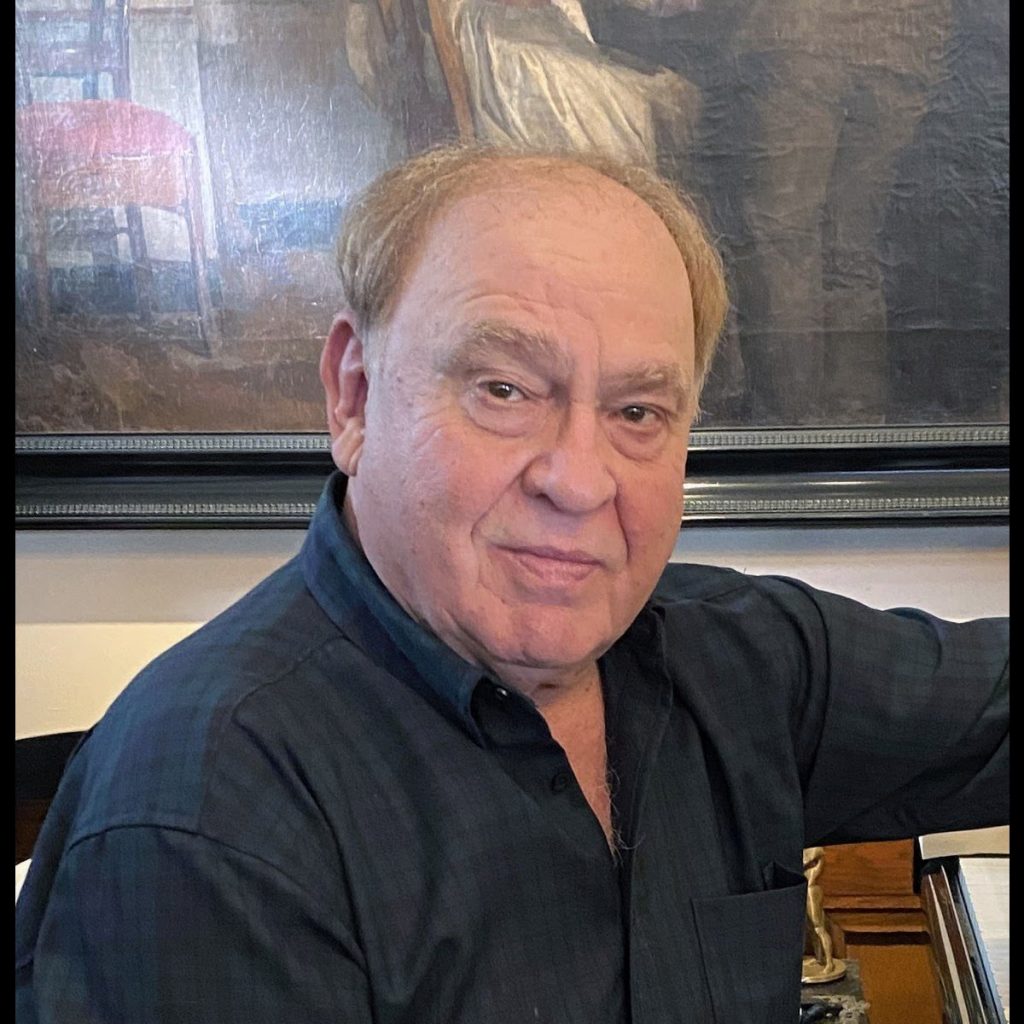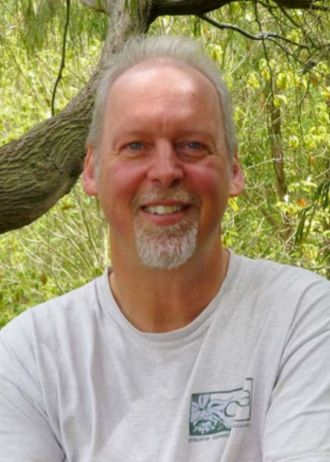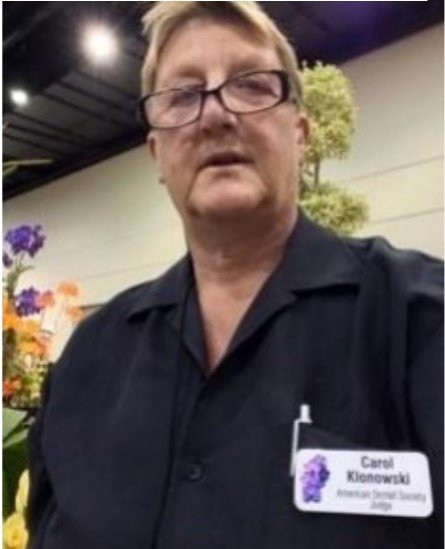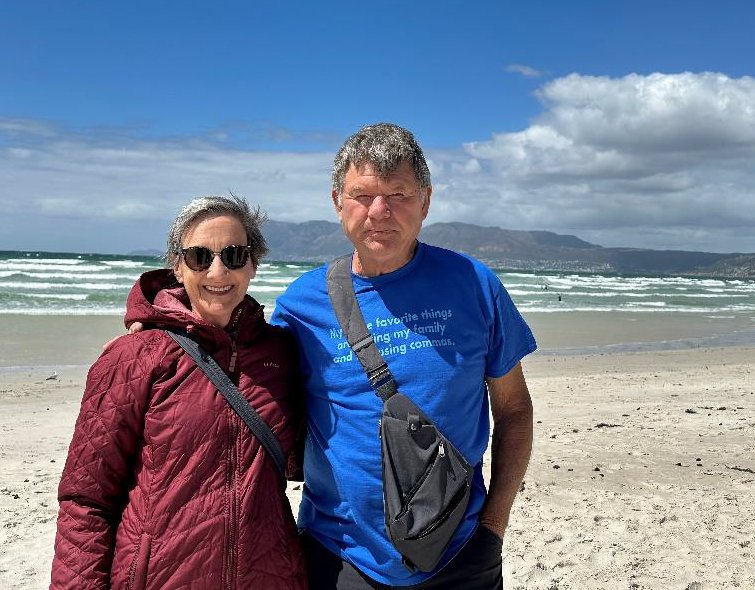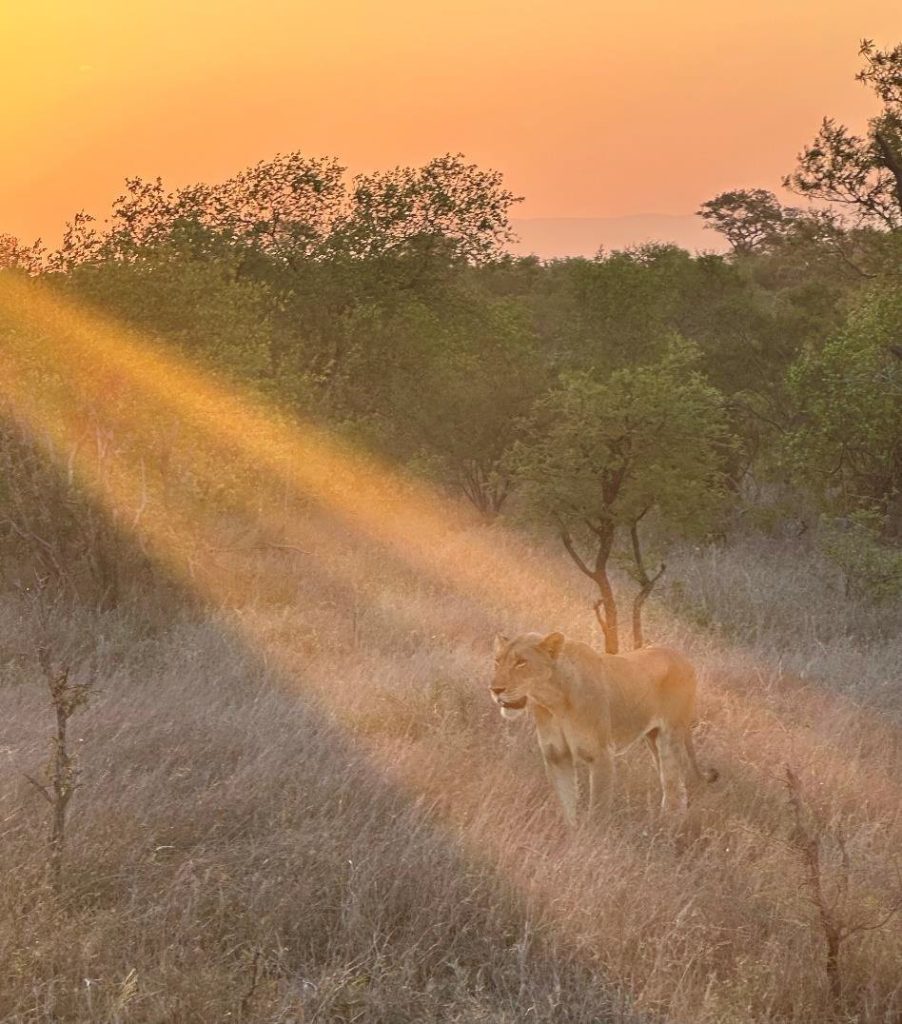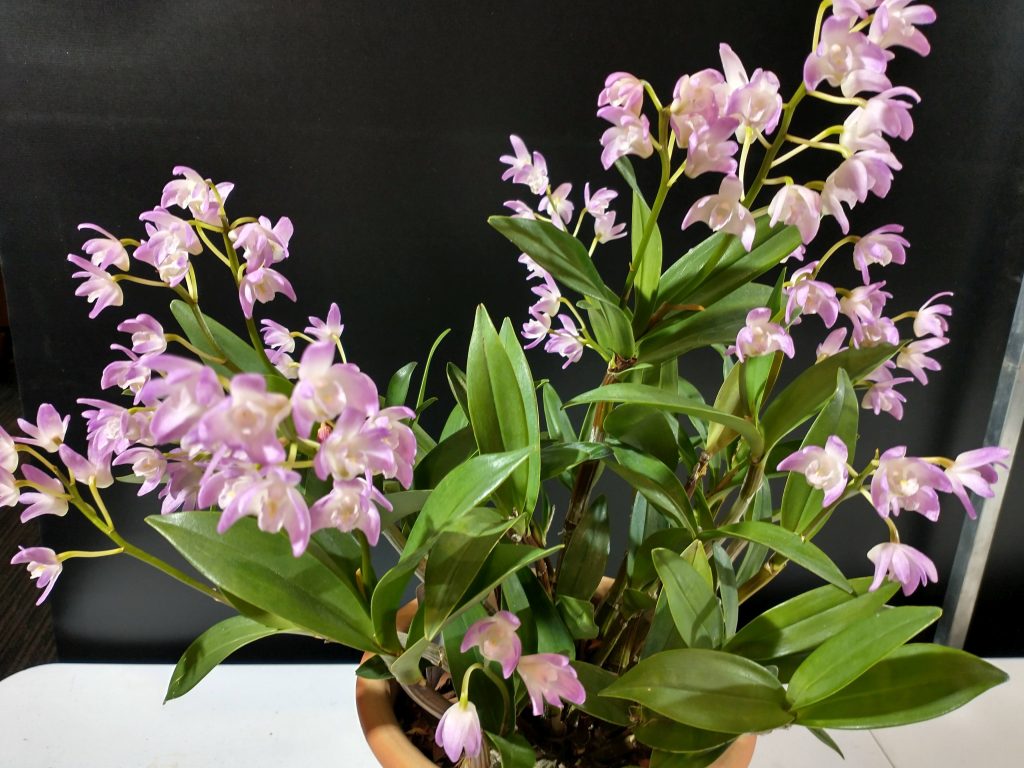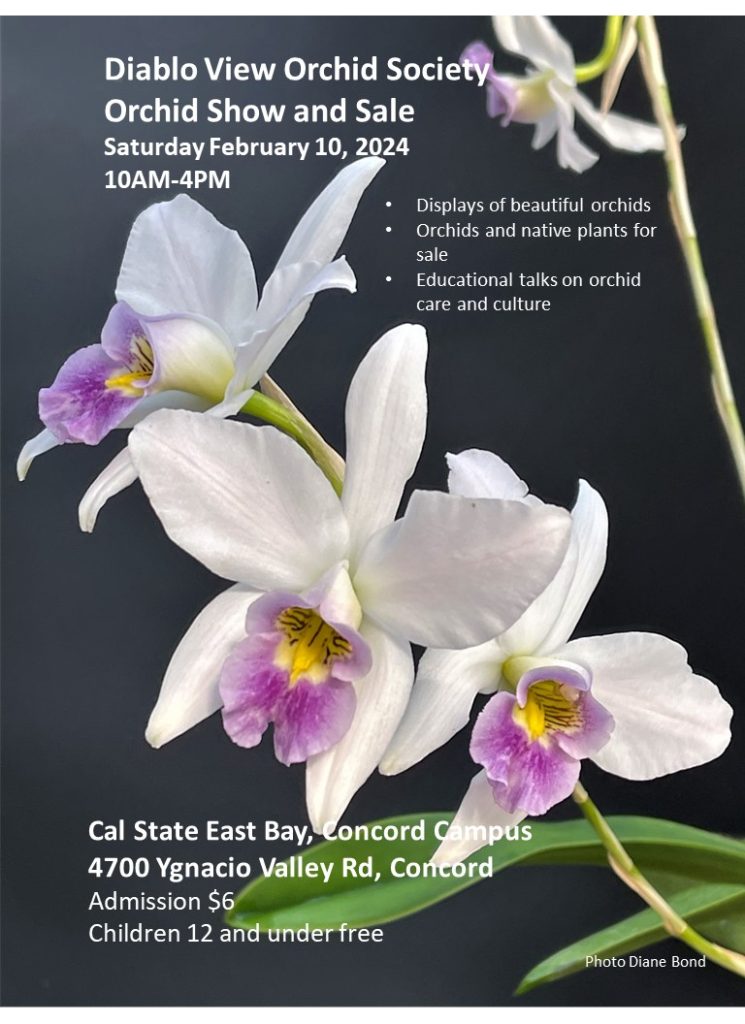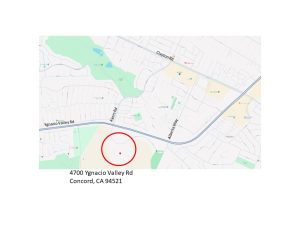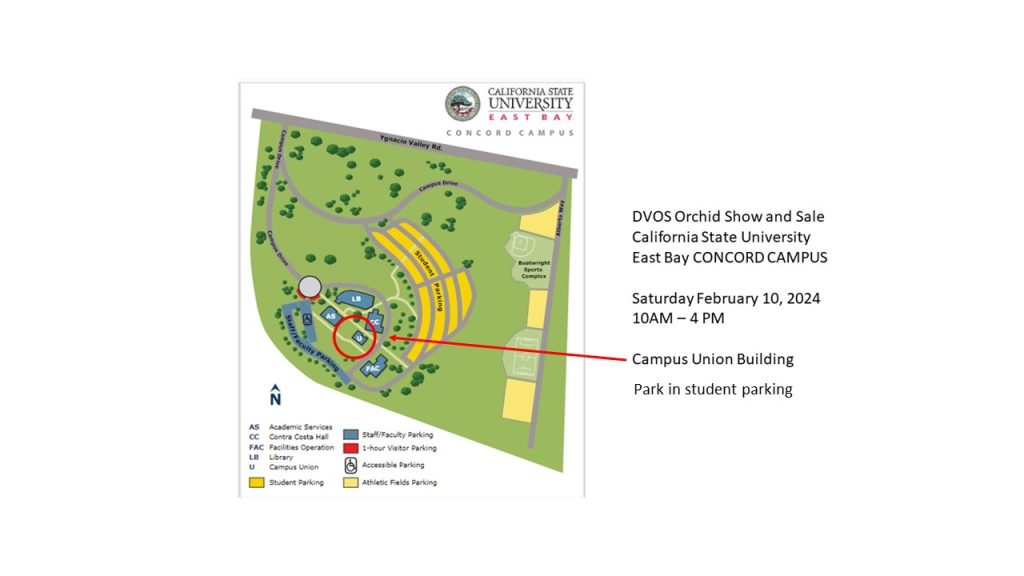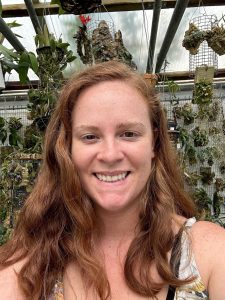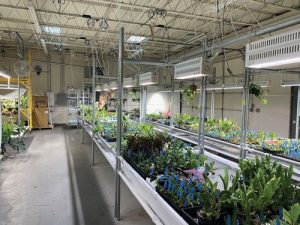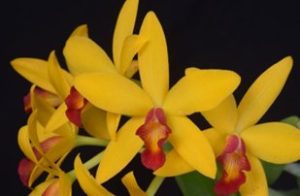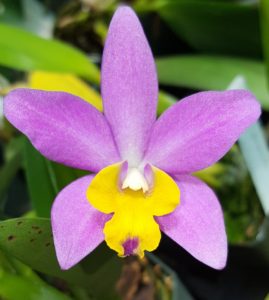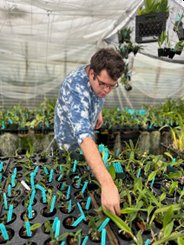 Dr. Mitch Schneider will be speaking on Cattleya breeding that he is doing at New Earth Orchids.
Dr. Mitch Schneider will be speaking on Cattleya breeding that he is doing at New Earth Orchids.
The meeting will be a hybrid IN PERSON/ZOOM meeting but Mitch will be at the Water District with us. Please
contact Diane Bond (bonddiane9@gmail.com) if you want the link for the ZOOM meeting.
Dr. Mitch Schneider’s interest in orchids started young in his teenage years. Mitch started orchids after seeing the orchid mania display in his hometown at the Cleveland Botanical Gardens. During his PhD studies Mitch worked at Los Alamos National Laboratory in New Mexico. While at Los Alamos Mitch met Dr. Ron Midgett, who has been breeding orchids for over 55 years. Mitch learned the art of breeding orchids from Ron. When Ron started considering retirement, Mitch became a co-owner of New Earth Orchids, and relocated operations from Santa Fe, New Mexico to Half Moon Bay, CA. after accepting a position to join the electron sources team for the Stanford linear accelerator Center (SLAC).
Mitch’s primary interest in breeding orchids is in the Cattleya alliance, Oncidium alliance, and Zygopetalum alliance. Mitch has continued Ron’s work of producing compact novelty size Cattleya’s who have plants no larger than 18 inches tall with flowers that are 5 to 6 inches in natural spread. He has a wide variety of color forms including large full segmented cerulean, green with a white lip, spots and stripes, and his favorite- art shade lines. Mitch also has started breeding to reintroduce high quality warmth tolerance Odontoglossum with the assistance of Bob Hamilton. Mitch is also working with a consortium of breeders to pioneer inter-generic Zygopetalum with full spectrum colors.
Mitch is active in the American Orchid Society Pacific Central Judging Center, has been serving on the SFOS show committee, and is now the Vice President. Mitch strives to encourage younger orchid growers to become more involved and to help partner them with experienced members to share their love of orchids, and to learn from each other.
Opportunity Table
The Opportunity table will be provided by Dr. Schneider
Dinner with the Speaker
Members of DVOS are invited to a no-host, pre-meeting dinner with our guest speaker, Dr. Mitch Schneider. We will meet for dinner at 5 PM on Thursday January 11th at:
Aung Burma, 2151 Salvio St Suite E Concord, CA 94520
This restaurant is a 5-minute drive from the meeting venue. If you wish to attend, please RSVP to bonddiane9@gmail.com by 5PM Wednesday, January 10th so that I can make reservations.
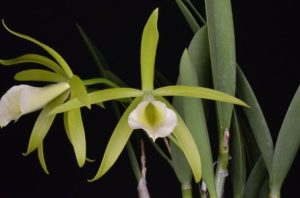
Procatavola Key Lime Stars ‘Bayou Moon’ AM/AOS
Mitch’s recently awarded plant



